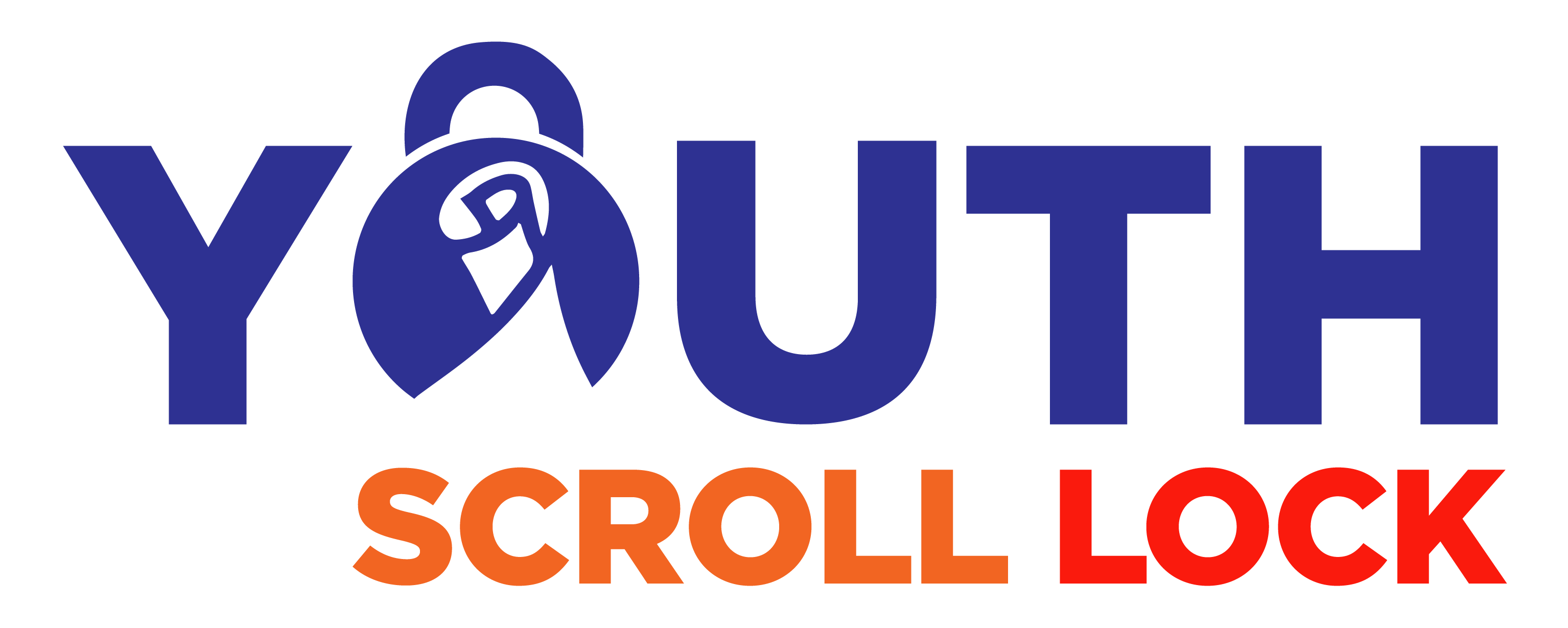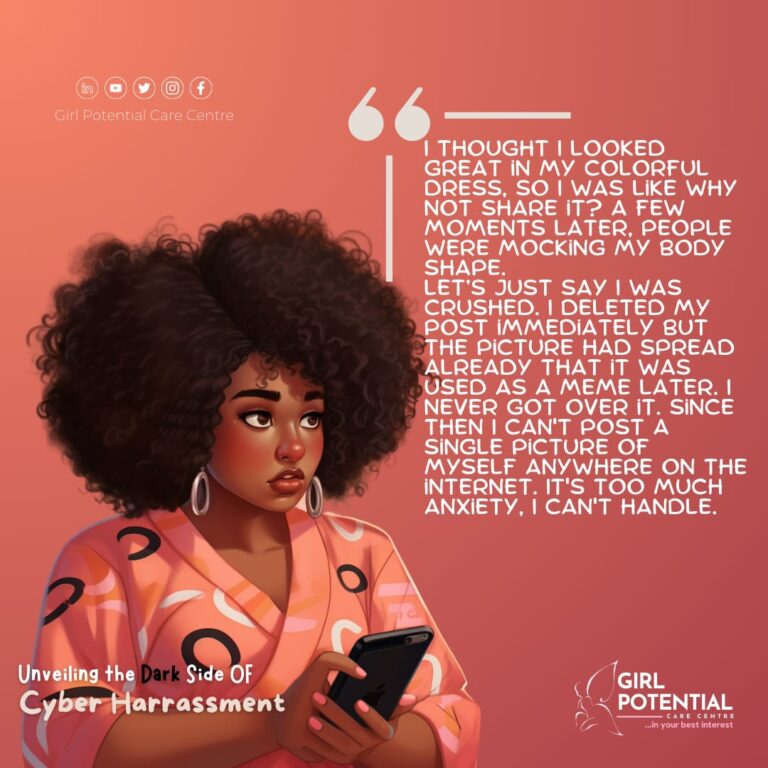The Effect of the Evolution of Social Media on Media professionals.
Waking up to a phone buzzing with 1000 notifications from countless social media platforms is everyone’s dream; well at least for most 21st-century digital enthusiasts.
For most digital creators, its become a lucrative business today with the number of followers determining how much one is paid to push a particular agenda online.
For media professionals that have or plan on embracing it, there are a limitless amount of benefits that come along. From building a personal brand to vast networking opportunities, enhanced visibility, and reach to different audiences, and for those that tap into real-time reporting in different departments, over time creates and grows a loyal online brand.
As much as there is a lot of good to tell about the internet, internet fame has become an addictive drug, there’s an irresistible urge to go viral, to trend, to be the power that sets the narrative, and to create buzz-worthy content.
And when this is a success, it yields virtual esteem, which has surprisingly become a real thing today. A lot of people’s confidence has been built and crashed online.
In other common cases, some people even go above and beyond to create pseudo-accounts to talk about anything and everything without any repercussions. Going viral is the new cool, one can be more famous online than they are in real life just because they have gained a lot of followers.
Any individual with a smartphone and internet at their disposal has as much equal access as qualified media professionals.
This has left so many media professionals exposed to higher risks of cyber harassment.
There are undeniably a lot of perks that come with utilizing the internet in the 21st century, but so is the downside of it.
Mutoni Tania, a TV personality that rose to fame during the COVID-19 lockdown, has had a fair share of internet trolls. As the lockdown eased, she did experience both the shine and the downpour of social media theatrics. After having her photos edited and posted by an anonymous tabloid claiming to be “leaked nudes” of the 26-year-old talent, she had to face several scrutinization’s from her fans and other critics to defend her reputation. It lasted a short while in the waves but the stain remains to date.
Martha Kay a Ugandan comedian, radio host, and socialite experienced a similar fate after her photos were leaked on the internet in 2019. She shared that her life wasn’t the same after having to deal with the shame and a reputation tested, one would not recover from such an experience.
These and many more cases of cyber harassment continue to happen every other day. The culprits go on unpunished while the victims are left dealing with the trauma. Women continue to be the most affected victims on the Ugandan scene for most media professionals.
It is no secret that many other media professionals, including journalists, content creators, and social media influencers, continue to face an increased risk of cyber harassment due to their public profiles and the nature of their work.
From regularly experiencing emotional and psychological effects, having their professional reputation questioned or even facing physical safety concerns.
How do we help media professionals do their job while still reducing risks and curbing cyber harassment cases?
Maintaining online solid security for personal information like home addresses, phone numbers, and details about family members is a great way to protect oneself from being an easy target.
There’s a need for continuous awareness campaigns to educate these professionals on how to protect themselves, or about the latest cyber threats and harassment tactics so they can easily recognize potential risks
In relation to the recently amended Computer Misuse Act, media professionals need to boldly speak up against and also report any offensive content and abusive accounts on social media platforms.
Victims of cyberharassment are advised to reach out to friends, family, and organizations that offer support to victims to seek emotional support and advice on how to handle the trauma or any other effects of cyber trolls.
By emphasizing the idea of digital citizenship to internet users, it can create responsible online behavior. A digital footprint has the power to impact an individual’s reputation and future opportunities.
While these suggested solutions are applicable, there is more work needed on the legal frameworks and initiatives in place to protect media personalities from cyber harassment while they still do their job. We need more efforts to raise awareness, strengthen legislation, improve enforcement, and provide support to victims to create a safer online environment for Ugandan citizens.

The Rise of Trolling Culture: Understanding the Root Causes of Online Harassment in Uganda
Since the internet came to Uganda in 1995, it has evolved for the better in so many ways, but also for the worse. With smartphones and the internet getting easier to access year after year, cyberbullying has been on the rise too. It remains a recurring issue, one would wonder about the motivations behind these rapidly growing online trolls.
- The rapid growth and eased access to technology, smartphones, computers, and the internet.
- With the growing popularity of social media platforms in Uganda, cyberbullying has found a fertile ground for expression.
- Personal conflicts, revenge, or a desire to assert power over others. When disagreements, rivalries, or personal disputes spill over into the online realm, individuals resort to trolling as a means of retaliation or to demean their targets.
- Anonymity and lack of accountability have emboldened individuals.
- Peer pressure, the desire to fit in with a particular social group, the urge to feel or appear cool.
- Lack of digital literacy and awareness about responsible internet use.
- More people are more confident raising their bias on different life aspects like cultural norms and societal dynamics on the internet than physically.
In our commitment to combating online harassment and fostering a safer digital environment, we encourage everyone to actively participate in the fight against online trolls. To do so, we’ve provided a Feed Shields link where individuals can track and flag online trolls, contributing to the collective effort to put an end to online harassment. We’re also proud to be associated with the Code for Africa Early Adopters Fellowship, a program dedicated to supporting initiatives that enhance digital citizenship and safety in the online sphere. Together, we can make a positive impact and create a more respectful and secure internet for all.


